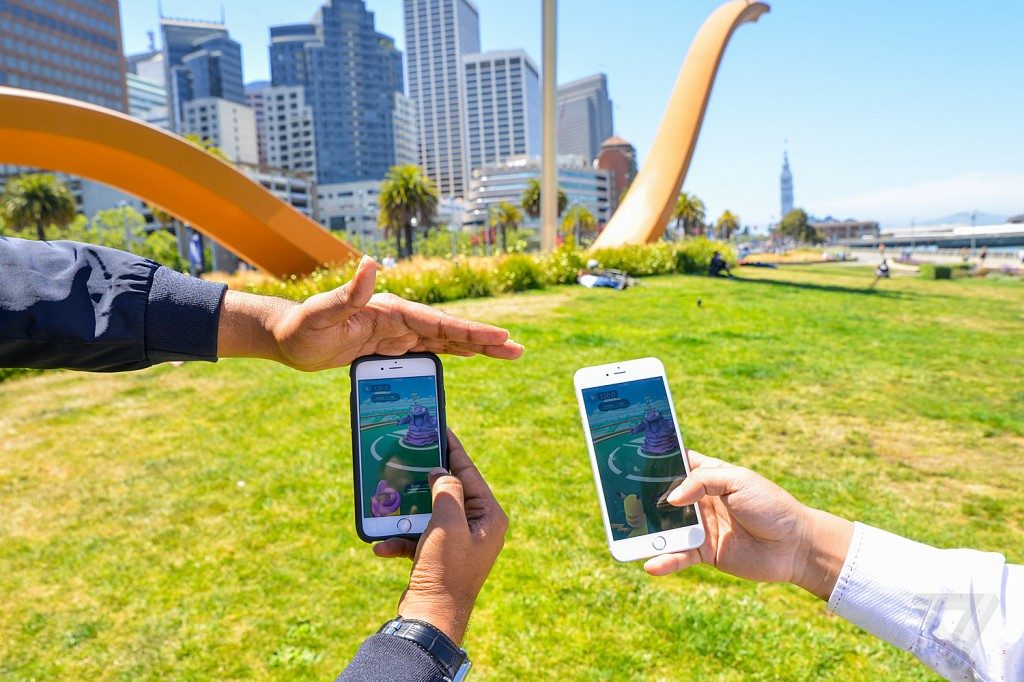
The social aspect of everyone’s new favourite game
By Brittney MacDonald, Life & Style Editor
On July 12, GQ released an article likening the overwhelmingly popular game Pokémon Go with a dating app. Reader response was mixed, as many players found the article and its intent somewhat insulting and against what they would consider the Pokémon brand. I mean, come on, we are talking about a game meant to be family friendly; using it as a way to pick up women or men doesn’t really fit in with that. However, there are those that found this new and innovative way of using the game to meet a potential mate fascinating—so much so that it has sparked an influx of similar articles as well as the creation of PokéDates, a website specifically devoted to connecting Pokémon Go players on a romantic level.
Though, personally, I found the original GQ article a little far reaching and insensitive to the nostalgic connection that many people have towards the Pokémon franchise, even I can’t deny that there is a definite social aspect to the game itself. The release of Pokémon Go has created a strange phenomenon worldwide, and though many people criticize the game for creating an even greater rift between users and the world around them, claiming that people are so absorbed in the game that they’re completely isolating themselves from even the most nonchalant human interaction, I see it from a different perspective.
As someone who plays the game, I have come to notice that it is extremely rare to see anyone playing it alone. How the game is played even encourages you to either partner up, or be playing with a small group. It does this in several ways; taking over key locations known as “gyms” is easier when you have another person fighting with you, and the various creatures you can capture are universal—meaning that the location that they pop up will be the same on everyone’s phone, and everyone can try to capture them. It’s not just limited to one person getting lucky.
Because the game is set up in such a way, it has created a new social code. “Poké-hunting,” where people will group up and try and catch as many pokémon as they can, is now a common activity. And it isn’t unusual to see strangers conversing over what they caught and where.
Taking all this into consideration, I think that it is more fitting to call Pokémon Go a social media revelation, rather than an evolution of something like Tinder. I say this because not only does it meet the majority of the expectations of a social media app, but it actually actively encourages you to interact with other people in a non-digital environment. In the most basic sense, it brings people together—at 2 a.m., to look longingly at a fenced-off park because you know there’s a Pikachu in there that you just can’t get to.


